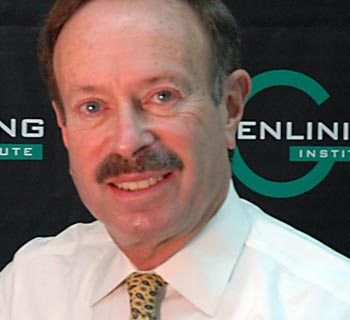Greenlining Institute
Purpose Prize Fellow 2006
Connecting private enterprise and underserved communities in innovative investment partnerships
In 1966, at the age of 30, Robert Gnaizda co-founded California Rural Legal Assistance to organize and empower farm workers. Five years later, he started one of the nation’s first public interest law firms focusing exclusively on minority rights. But in 1993, Gnaizda, then 58, was ready for a new challenge. Fed up with “redlining” – the illegal, yet common practice of denying, limiting, or overcharging low-income and minority communities for financial services and products – he co-founded the Greenlining Institute in Berkeley, California, to boost community reinvestment. Today the Greenlining Coalition encompasses a diverse group of 40 organizations working cooperatively to improve the quality of life for low-income and minority communities in California. The Institute has created innovative partnerships between private enterprise — banks, utilities, insurance and telecommunications companies – and community organizations. The results: tens of thousands of home mortgages and business loans for low-income people, thousands of contracts for minority-run businesses, significant increases in philanthropy to the underserved, and overall economic development and opportunity for California’s poorest communities.




